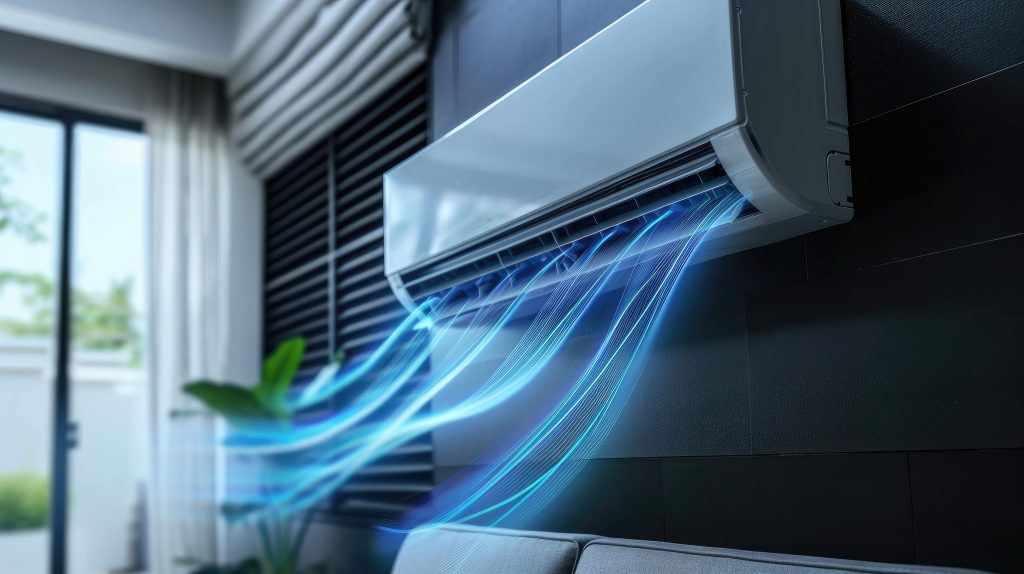Top Five Residential HVAC Issues and How to Prevent Them

Five Most Common Residential HVAC Issues and How to Address Them
Your HVAC (Heating, Ventilation, and Air Conditioning) system is essential for maintaining comfort in your home. However, like any mechanical system, it can develop problems over time. Understanding the most common HVAC issues and how to prevent them can save you money and frustration. Below are the top five HVAC problems homeowners face, along with tips for prevention and guidance on whether they are DIY fixes or require professional attention.
- Dirty or Clogged Air Filters
- Thermostat Malfunctions
- Refrigerant Leaks
- Dirty or Frozen Evaporator and Condenser Coils
- Electrical Component Failures
1. Dirty or Clogged Air Filters
Problem: A dirty air filter restricts airflow, making the system work harder, reducing efficiency, and potentially leading to more significant issues like frozen coils.
Prevention: Replace or clean your air filters every 1-3 months, depending on usage and the type of filter. Homes with pets or allergy sufferers should change filters more frequently and consider alternative filter options like electro-static air filters.
DIY or Professional? This is an easy DIY task that homeowners can handle themselves.
2. Thermostat Malfunctions
Problem: A malfunctioning thermostat can cause your HVAC system to run inefficiently or not turn on at all.
Prevention: Regularly check thermostat batteries, keep the device clean, and ensure it's properly calibrated. Consider upgrading to a programmable or smart thermostat for better efficiency.
DIY or Professional? Basic maintenance and battery replacement are DIY tasks. However, if the thermostat wiring needs repair or replacement, it’s best to call a professional.
3. Refrigerant Leaks
Problem: Low refrigerant levels reduce the cooling ability of your air conditioner and can cause the system to freeze up or overheat.
Prevention: Schedule annual HVAC maintenance to check refrigerant levels and detect leaks early.
DIY or Professional? This is a job for a professional. Handling refrigerant requires specialized knowledge and certification.
4. Dirty or Frozen Evaporator and Condenser Coils
Problem: Dirt and debris can accumulate on coils, reducing efficiency. Frozen coils can prevent proper airflow and cooling.
Prevention: Keep the area around your outdoor unit clear of debris, clean the coils regularly, and ensure airflow isn’t restricted.
DIY or Professional? Cleaning external coils can be a DIY job using a garden hose and coil cleaner. However, internal coil issues or freezing problems should be addressed by an HVAC technician.
5. Electrical Component Failures
Problem: Faulty capacitors, relays, or wiring can cause the HVAC system to fail or operate erratically.
Prevention: Regular professional maintenance can catch electrical issues before they become major problems.
DIY or Professional? This is best left to a professional due to the risks of electrical shock and improper repairs.
Final Thoughts
Routine maintenance is key to preventing HVAC problems and extending the lifespan of your system. Homeowners can handle basic upkeep like changing filters and cleaning around units, but more complex issues should be diagnosed and repaired by an HVAC technician. By staying proactive, you can keep your home comfortable year-round while avoiding costly emergency repairs.